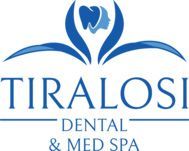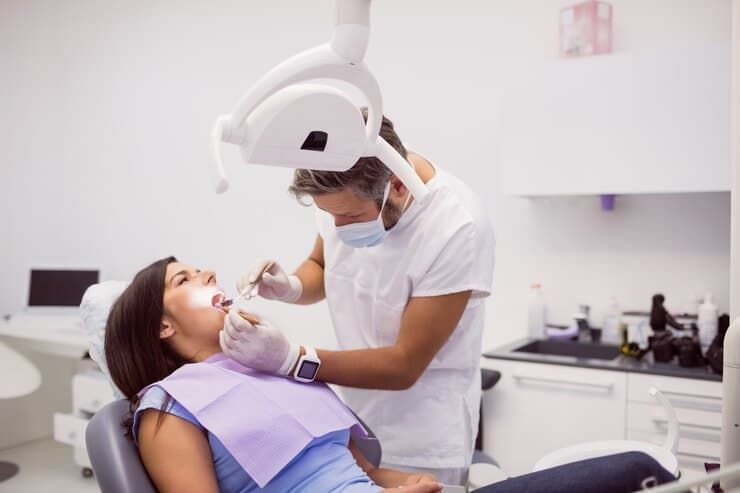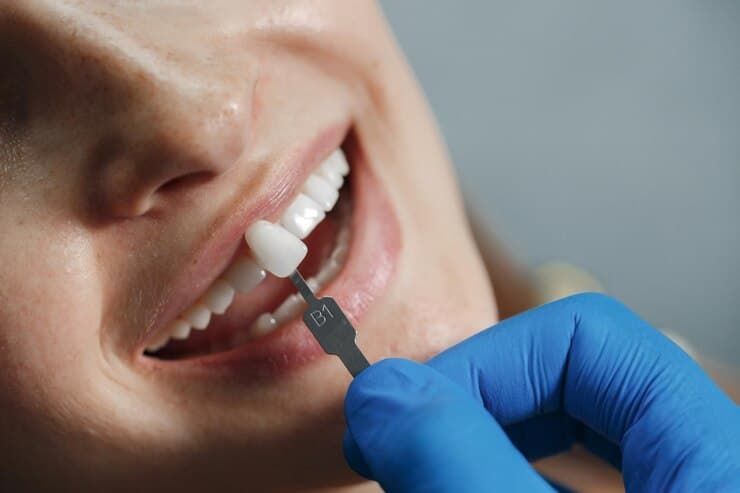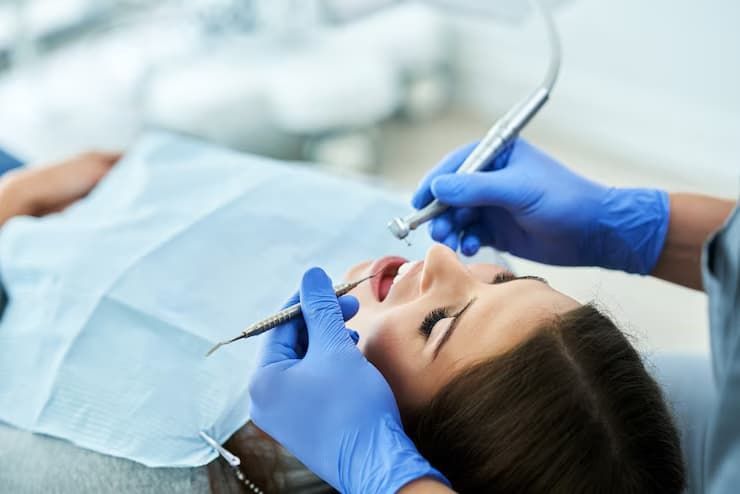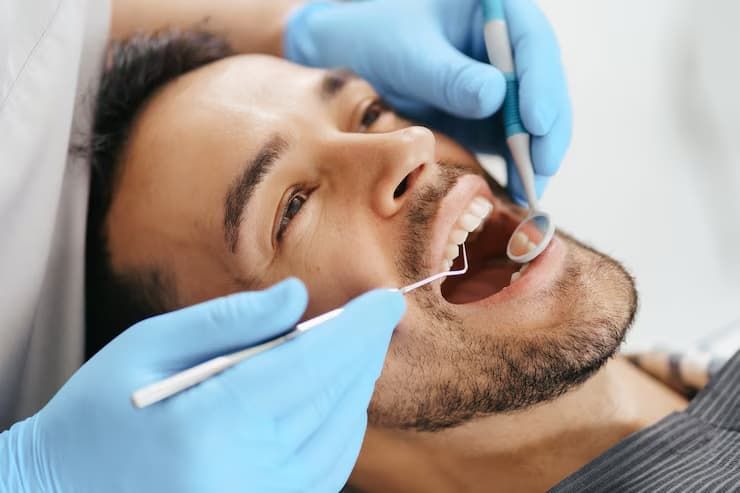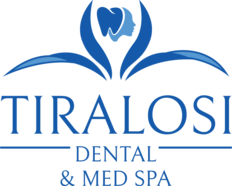Dental Implants for Jaw Bone Loss: Suitability Assessment
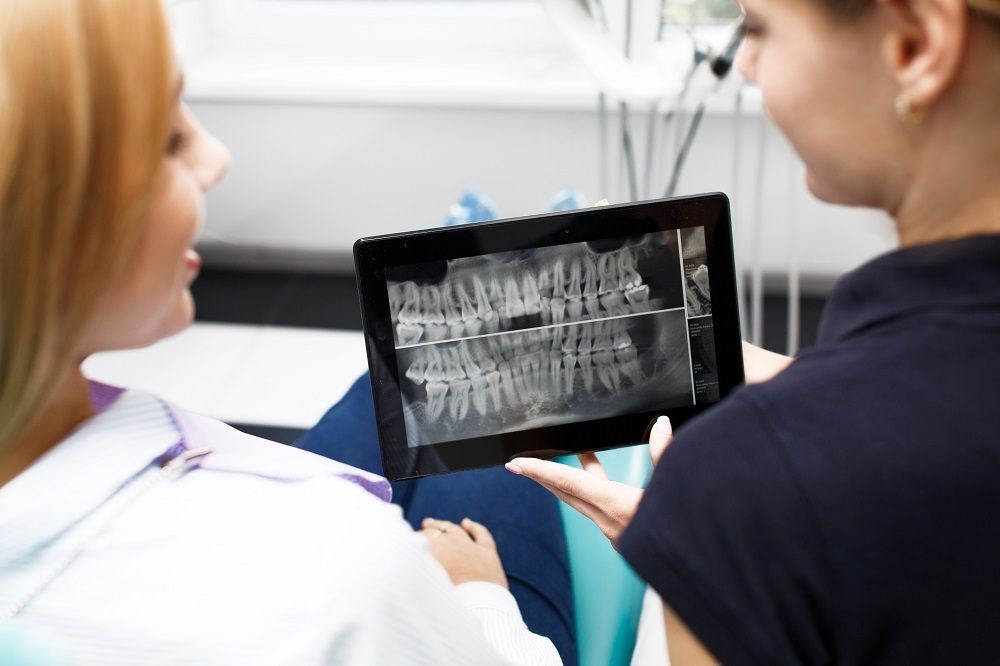
Dental implants have revolutionized tooth replacement, providing a reliable and long-lasting solution for individuals with missing teeth. However, one common concern is whether dental implants are suitable for individuals with bone loss in the jaw. In this article, we will delve into the intricacies of dental implants, addressing the viability and potential solutions for those with jawbone loss.
Bone Resorption: The Natural Response to Tooth Loss
The jawbone plays a critical role in supporting teeth and maintaining their stability. When a tooth is lost, the surrounding bone no longer receives the stimulation it needs from the tooth's root. This can lead to a gradual process of bone resorption, where the jawbone deteriorates over time.
The Impact of Bone Loss on Dental Implant Viability:
In cases of significant jawbone loss, there may be insufficient bone volume and density to support a traditional dental implant in Lake Mary. Without a stable foundation, the implant may not integrate properly with the jawbone, leading to potential complications.
Solutions for Individuals with Jawbone Loss:
Bone Grafting:
Bone grafting is a common procedure used to augment and regenerate bone in areas with insufficient density. It involves transplanting bone tissue from one part of the body (autograft) or using donor or synthetic bone material (allograft) to the deficient area.
Sinus Lift Procedure:
This procedure is specifically designed for individuals with inadequate bone height in the upper jaw, particularly in the area of the premolars and molars. It involves lifting the sinus membrane and adding bone graft material to increase bone volume.
Zygomatic Implants:
Zygomatic implants are a specialized type of implant that anchor directly into the zygomatic bone (cheekbone) when there is insufficient bone in the upper jaw. This approach bypasses the need for extensive bone grafting.
All-on-4® or All-on-6® Implants:
These techniques utilize a strategically designed implant placement to maximize the use of available bone. By angulating the implants, it's possible to avoid areas of low bone density and achieve stability.
The Importance of a Comprehensive Evaluation:
Before determining the suitability of dental implants for individuals with jawbone loss, a comprehensive evaluation by an experienced prosthodontist or oral surgeon is crucial. This assessment may include advanced imaging techniques like CT scans or cone beam CT scans to assess bone quality, volume, and structure.
Benefits of Dental Implants for Individuals with Jawbone Loss:
Restored Functionality:
Dental implants provide a stable and durable foundation for replacement teeth, allowing individuals to regain full biting and chewing function.
Preventing Further Bone Loss:
Once integrated into the jawbone, dental implants stimulate bone growth, helping to prevent further bone loss and maintaining facial structure.
Enhanced Aesthetics:
Dental implants provide a natural-looking and aesthetically pleasing solution for tooth replacement, boosting confidence and self-esteem.
Frequently Asked Questions
Is Age a Factor in Determining Suitability for Dental Implants with Jawbone Loss?
Age is not the sole determining factor. What matters most is the quality and quantity of available bone. Older individuals can still be candidates for dental implants with proper assessment and potential bone augmentation procedures.
How Long Does the Jawbone Augmentation Process Typically Take Before Dental Implant Placement?
The timeline for jawbone augmentation varies based on the individual's specific circumstances. It can range from several months to a year, depending on the extent of augmentation needed and the healing process.
Can I Opt for Dental Implants if I Have a History of Periodontal Disease and Jawbone Loss?
Individuals with a history of periodontal disease and jawbone loss may still be candidates for dental implants. However, a thorough evaluation and potential periodontal treatment may be necessary before implant placement.
Are There Any Lifestyle Changes I Need to Consider After Receiving Dental Implants for Jawbone Loss?
Generally, individuals with dental implants can resume normal activities, including a regular diet. However, it's advisable to avoid excessively hard or sticky foods to prevent any potential stress on the implants during the initial healing period.
Can Dental Implants Be Placed Immediately After Jawbone Augmentation, or Is There a Healing Period Required?
In some cases, dental implants can be placed immediately after jawbone augmentation. This is known as immediate implant placement. However, the timing may vary based on the individual's unique situation, and the dentist in Lake Mary will provide specific guidance.
Conclusion:
While jawbone loss can present challenges for dental implant placement, advances in dental technology and techniques offer viable solutions. Through procedures like bone grafting, sinus lifts, zygomatic implants, and strategic implant placement, individuals with jawbone loss can often enjoy the benefits of dental implants. A thorough evaluation by a skilled oral healthcare professional at Tiralosi Dental & Med Spa is essential for determining the most suitable approach. With the right treatment plan, dental implants can provide a lasting and functional solution for those with missing teeth and jawbone loss. For personalized care, contact Tiralosi Dental & Med Spa at (407) 333-1335..

